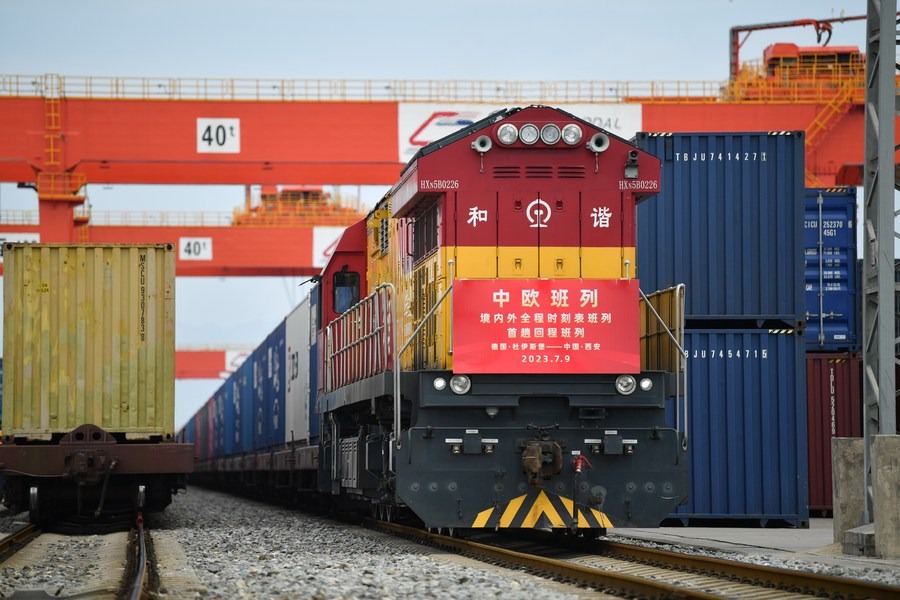Analyzing the illegality and invalidity of the South China Sea Arbitration Awards via six 'whys'
Keynote Speech at the Symposium on "South China Sea Arbitration Awards and International Law"

III. Why is it argued that the arbitral tribunal abused its power?
The arbitral tribunal's failure to uphold the principle of good faith in interpreting and applying international law is primarily evidenced in the following aspects:
Firstly, there was a malicious characterization of disputes. The arbitral tribunal chose to fragment the territorial sovereignty dispute concerning the Nansha Qundao and Zhongsha Qundao into individual disputes over the status of maritime features and associated rights. This approach circumvented the core issue of territorial sovereignty, described vividly as "putting the cart before the horse" by Chris Whomersley, former Deputy Legal Adviser in the United Kingdom's Foreign & Commonwealth Office.
Secondly, there was a malicious circumvention of general international law. The arbitral tribunal viewed the Convention as the exclusive basis for maritime claims, deliberately disregarding the significance of general international law in this context. First, the tribunal maliciously circumvented the eighth preambular paragraph of the Convention ("matters not regulated by the Convention continue to be governed by the rules and principles of general international law"). Second, the tribunal deliberately ignored the well-established régimes of historic rights and continental States' outlying archipelagos in general international law.
Thirdly, there was a malicious interpretation of the law, exemplified by two instances. First, the arbitral tribunal improperly invoked Article 311 of the Convention concerning the "relationship between the Convention and other treaties" to assert the superiority of the Convention over historic rights under general international law. This effectively replaced customary law with other treaties despite the distinction between treaties and customary international law. The arbitral tribunal's view in this regard was totally untenable. Second, the tribunal invoked Article 293 of the Convention to expand its jurisdiction. Article 293, paragraph 1 provides that "A court or tribunal having jurisdiction under this section shall apply this Convention and other rules of international law not incompatible with this Convention." However, this provision primarily addresses the application of law rather than conferring jurisdiction over disputes involving general international law. The prerequisite for invoking general international law is that the court or arbitral tribunal has already established jurisdiction over the relevant matter. This rule has been recognized in the awards of various Annex VII arbitrations, including the MOX Plant case, the Chagos Archipelago Marine Protected Area Arbitration and The Duzgit Integrity Arbitration.
































